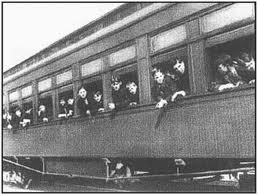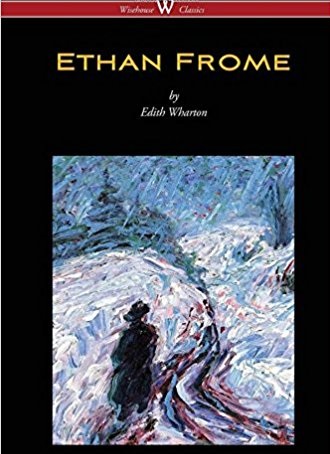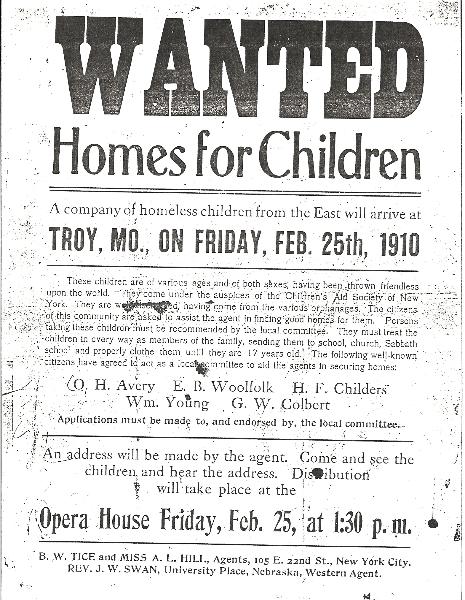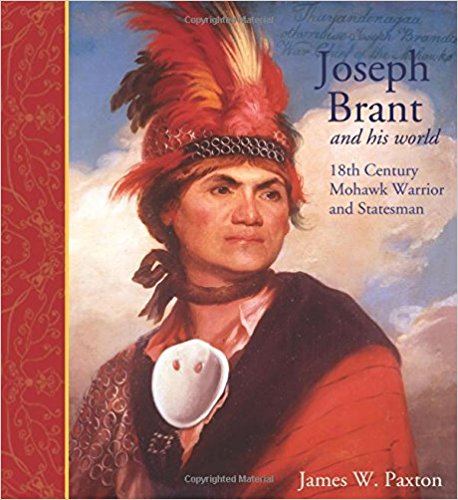Book review:
Orphan Train
Christina Baker Kline
New York: William Morrison, an imprint of HarperCollinsPublishing, 2014
278 pages
It’s difficult to read this book without feeling real ambivalence.
The first appeal of this book was the historical context: the so-called “orphan trains” that carried as many as 200,000 orphans and homeless kids and other kids from the East Coast to most of the states in the interior of the country during 1854-1929.

The short version is: well-meaning social workers and benefactors (the Children’s Aid Society of New York and others) took kids ages 6-18 off the streets and out of institutional settings, and transported them to other states where families almost literally grabbed the children off the trains and took them into their homes, for good or ill.
There are more than 2 million living descendants of the orphan train kids. Some of them can trace their family heritage to Alice Kearns Geoffroy Bernard, who took a train ride to Louisiana as a three-year-old orphan, raised a family there, and lived there for the rest of her life before she died on January 17, 2015.
Kline creates believable characters. Niamh Power, the Irish lass whose family fled Ireland in the early 20th century, is the hardiest of the hardy. One is tempted to say that her life of struggle, obstacle, and success is a fantasy of the novelist’s musing. Perhaps it’s more credible to suspect that Niamh’s trajectory is all too characteristic of many of the “orphan train” kids and the grownups who thought they were helping them and the grownups who didn’t think that….
 Another character, Molly Ayer, the modern goth lassie who interacts with the nonagenarian Niamh, is a puzzlement. She’s a foil and an analog for Niamh—her story is a provocation in Orphan Train, it adds interest and it injects a diffusion of clarity. I assume that’s what Kline wanted.
Another character, Molly Ayer, the modern goth lassie who interacts with the nonagenarian Niamh, is a puzzlement. She’s a foil and an analog for Niamh—her story is a provocation in Orphan Train, it adds interest and it injects a diffusion of clarity. I assume that’s what Kline wanted.
This would be a more compelling story if it were a shorter compelling story. The point is clear: the child’s life was a succession of individually exceptional but dully repetitive episodes of joy, sadness, and degradation that, frankly, would kayo most kids, most people. Niamh’s tale is overwritten and restated, time after time after time.
This is a respectable book, and perhaps a superior composition. There are simply too many notes.
* * * * * *
The “dime novels” in the Civil War
Think “blood-and-thunder”…
Book review. Copyright © Richard Carl Subber 2017 All rights reserved.
Seeing far: Selected poems with 47 free verse and haiku poems,
and the rest of my poetry books are for sale on Amazon (paperback and Kindle)
and free in Kindle Unlimited, search Amazon for “Richard Carl Subber”
Thanks for checking out my website. Here’s what you’ll find:
my poetry in free verse and 5-7-5 format—nature poems, love poems, poems about grandchildren, and a spectrum of other topics—written in a way that makes it possible for you to know, as precisely as possible, what’s going on in my mind and in my imagination;
thoughtful book reviews that offer some exceptional critique of the book instead of a simple book summary;
bits of history that did and didn’t happen;
luscious examples of my love affair with words;
my reflections on the words, art, and wisdom of famous and not-so-famous people, and occasional comments on politics and human nature.
Your comments on my poems, book reviews, and other posts are welcome.
Book review: Joseph Brant and His World
“Brant was fully a Mohawk…”
by James Paxton
click here
* * * * * *




 Another character, Molly Ayer, the modern goth lassie who interacts with the nonagenarian Niamh, is a puzzlement. She’s a foil and an analog for Niamh—her story is a provocation in Orphan Train, it adds interest and it injects a diffusion of clarity. I assume that’s what Kline wanted.
Another character, Molly Ayer, the modern goth lassie who interacts with the nonagenarian Niamh, is a puzzlement. She’s a foil and an analog for Niamh—her story is a provocation in Orphan Train, it adds interest and it injects a diffusion of clarity. I assume that’s what Kline wanted.



